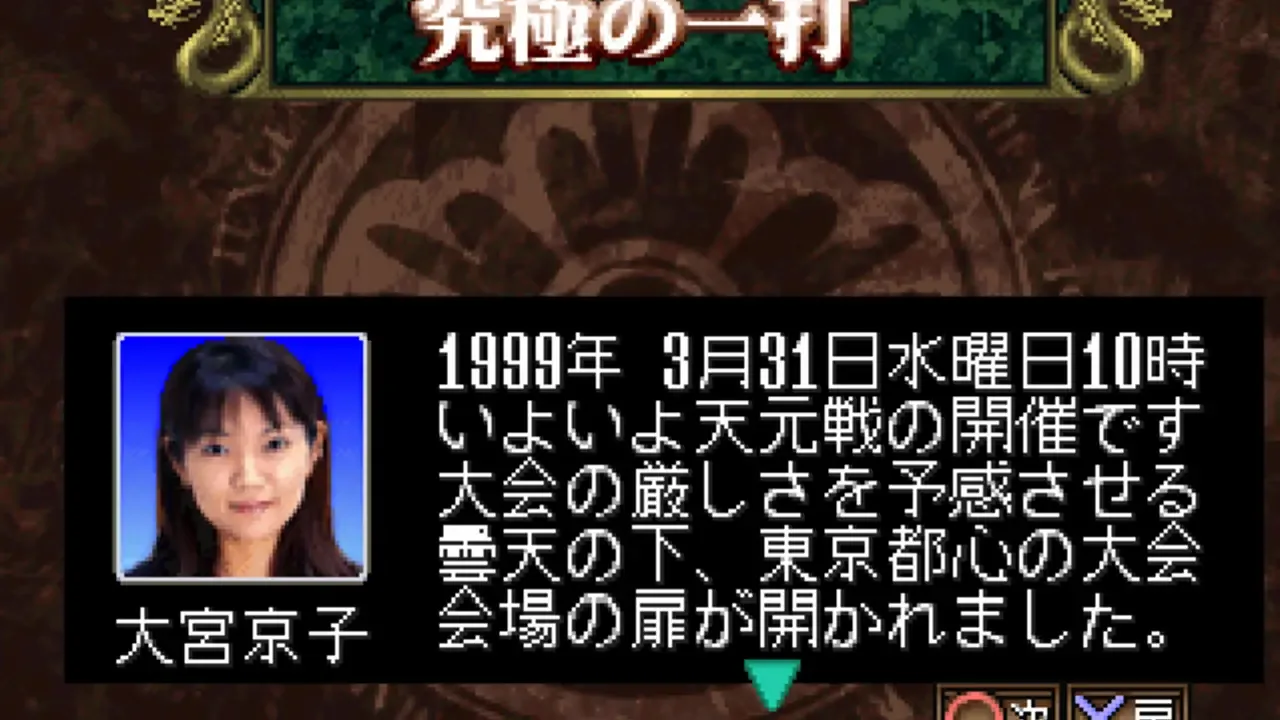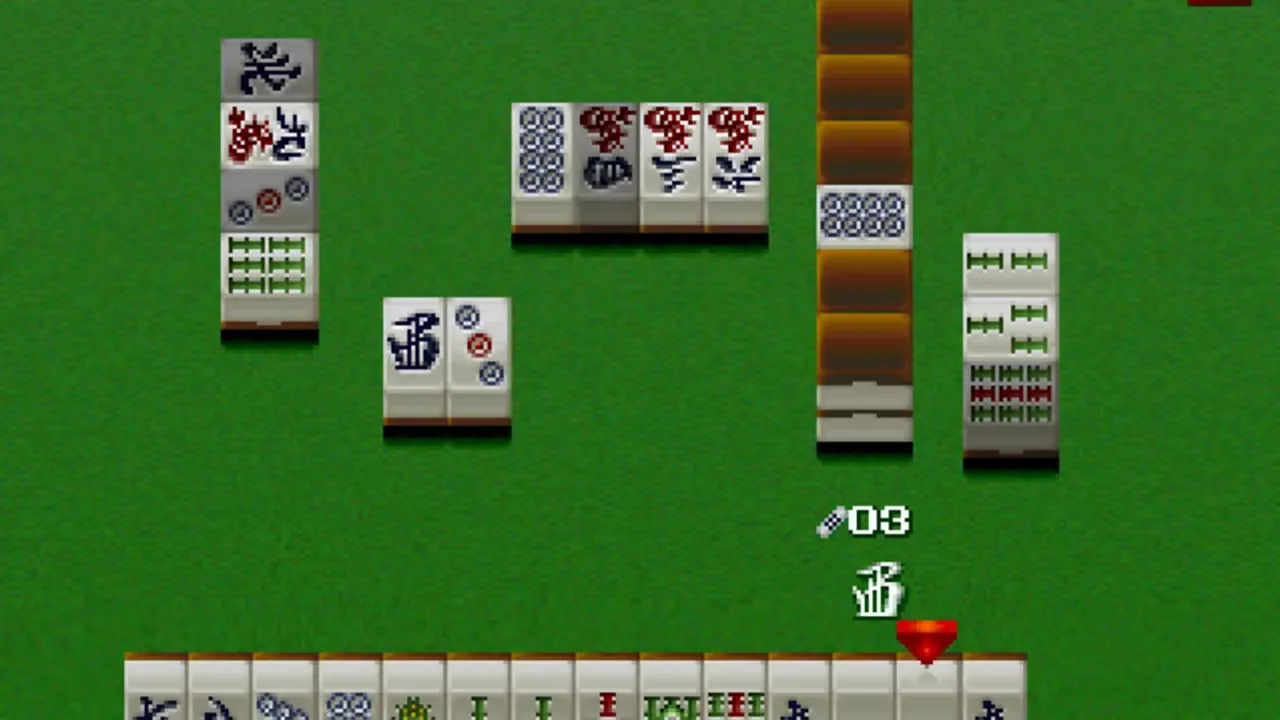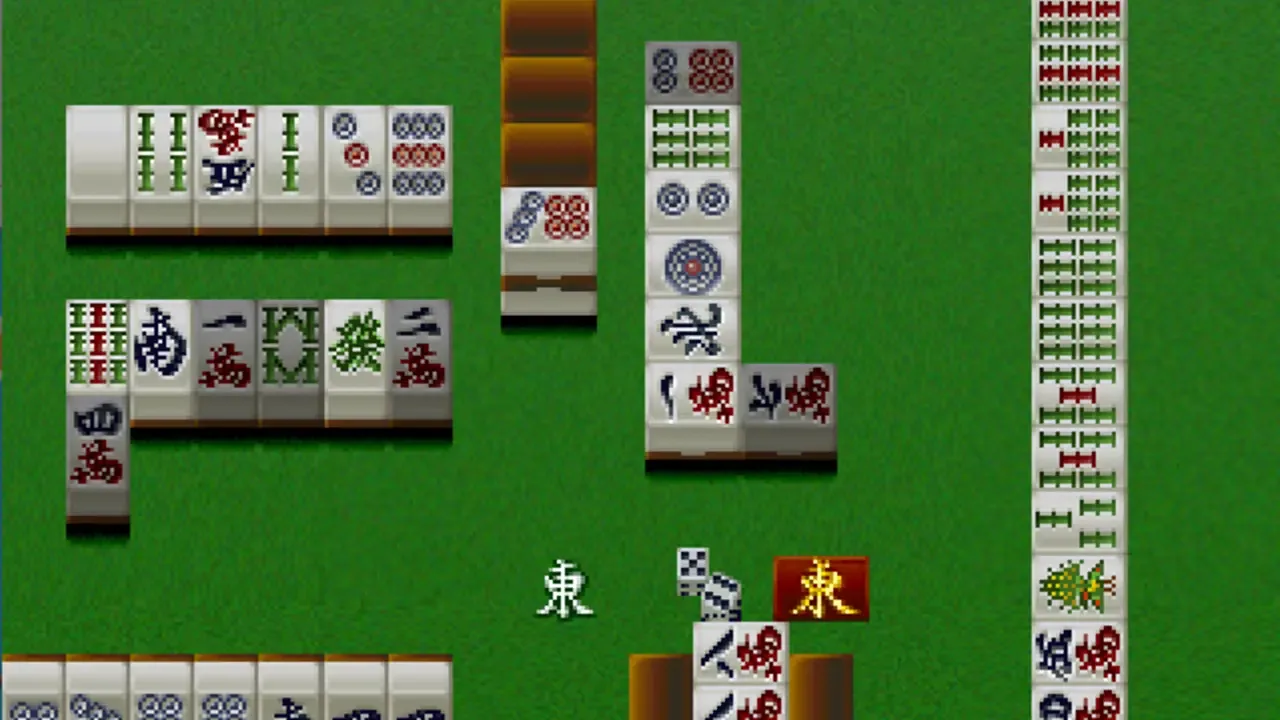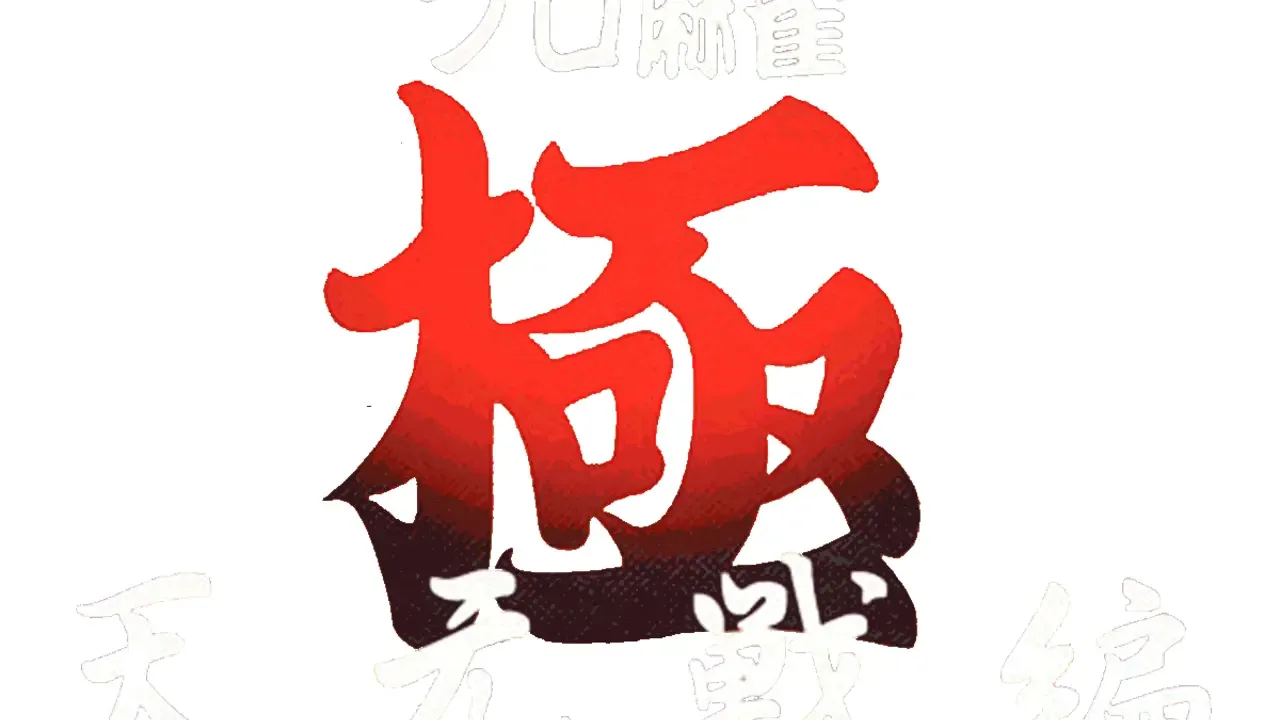Pro Mahjong Kiwame Tengensenhen
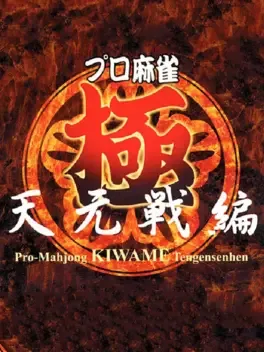
Buy
Could be interesting
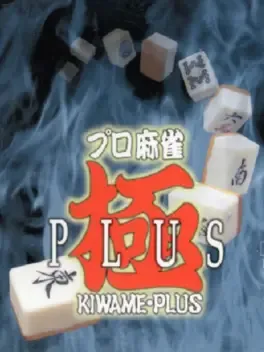
Pro Mahjong Kiwame Plus is a mahjong game, and is the first game in the series released for the Sony PlayStation console. The game features 16 different real mahjong players as opponents and the game mode is a 4 player vs mahjong. The game features 3 game modes: Professional, Gamble & Training.

Pro Mahjong Kiwame Plus II is a mahjong game and is the second game in the series released for the Playstation One console. The game features 16 different real mahjong players as opponents and the game mode is a 4 player vs mahjong. The game got 3 game modes: Professional, Gamble & Training. Mahjong is a game for four players that originated in China. It was called, meaning sparrow in ancient China, which is still the name most commonly used in some southern Chinese dialects such as Cantonese and Minnan, as well as in Japanese. However, most Mandarin-speaking Chinese now call the game má jiàng. Mahjong involves skill, strategy, and calculation, as well as a certain degree of luck (depending on the variation played, luck can be anything from a minor to a dominant factor in winning). In Asia, mahjong is also popularly played as a gambling game. In the game, each player is dealt either thirteen or sixteen tiles in a hand, depending on the variation being played. On their turn, players draw a tile and discard one, with the goal of making four or five melds (also depending on the variation) and one pair, or "head". Winning comes "on the draw" by drawing a new or discarded tile that completes the hand. Thus, a winning hand actually contains fourteen (or seventeen) tiles.
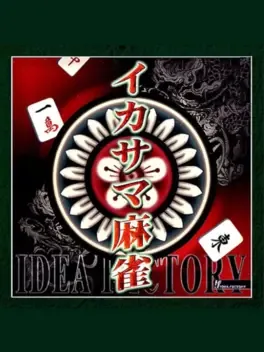
Ikasama Cheating Mahjong is a mahjong game with a story mode in which the player controls a mahjong player that to advance in the game have to play in some illegal mahjong matchs, the game got some strange features like all the players can try to cheat during a match but they can be caught by the rest of the players and be punished.
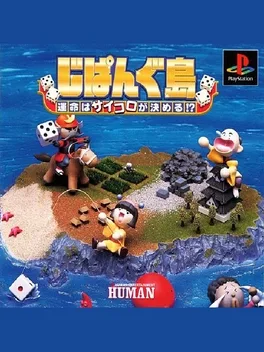
The main object of this history-based simulation board game is to control as many battle positions as possible. Procurement of all necessary resources is ultimately determined by a roll of the dice. Use the resources allotted to you to build roads and castles, or to strengthen your military. Instead of a good war strategy, your management of resources is what actually determines whether you win or lose.

Hanafuda Graffiti - Koi Monogatari uses that Hanafuda rules and features different girl character to play vs and also different game modes (story and vs). In the story mode the player controls a young boy that will go around town meeting different girls and play hanafuda games with them.
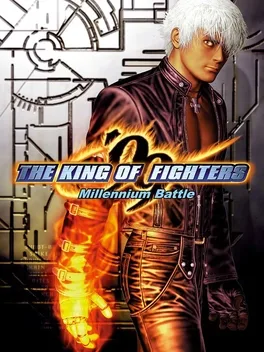
"The King of Fighters '99: Millennium Battle" is the sixth game in The King of Fighters series by SNK. Unlike in previous games of the series, there are four characters per team instead of three, with the fourth serving as a "Striker", a fighter whose function is only to enter a match, attack the opponent and leave without replacing their teammates. In total, there are seven teams, each containing four characters, four Team Edit characters and a boss.

Aquanaut's Holiday 2 is the sequel to Aquanaut's Holiday. Like in its predecessor, the player takes control of a submersible in order to explore the sea depths and discover a variety of animal species. Contrary to the first game's only area, the sequel has many different areas following different themes to explore.
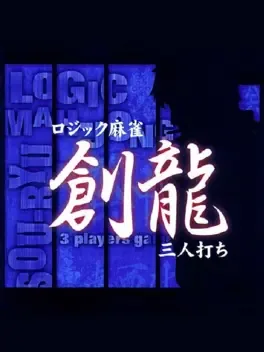
Here's a traditional mahjong game with no cheaters. In addition to the typical four-person rules, you can play a speedier game of three-player mahjong, with bigger chances of bigger hands. You can change various rules, and even experience an adventure-game-like story mode. There's even a hidden mode where you can play a match against characters from the "Marl Kingdom" series of games. Casual controls and traditional gameplay--this game is enjoyable for all ages.
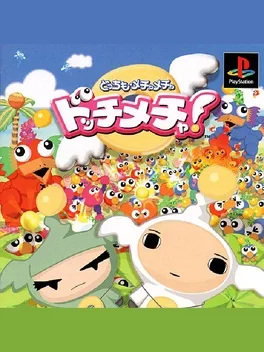
Strategy game in which the player take the role of a little alien that have to pass some missions to reach his objectives.
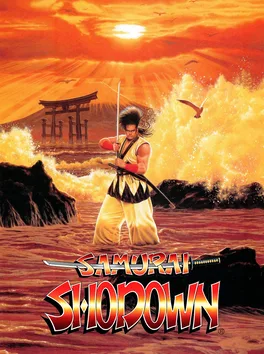
In early Japan, a man named Shiro Tokisada Amakusa preaches a heretic religion. Little does anyone know that Amakusa is really a servant of the evil Ambrosia, who took over Amakusa's body. Ambrosia wishes to shroud the world in darkness. Now, choose between 12 warriors (and 3 bonus characters) to fight for the honor of destroying Amakusa, and fulfilling a mission.




